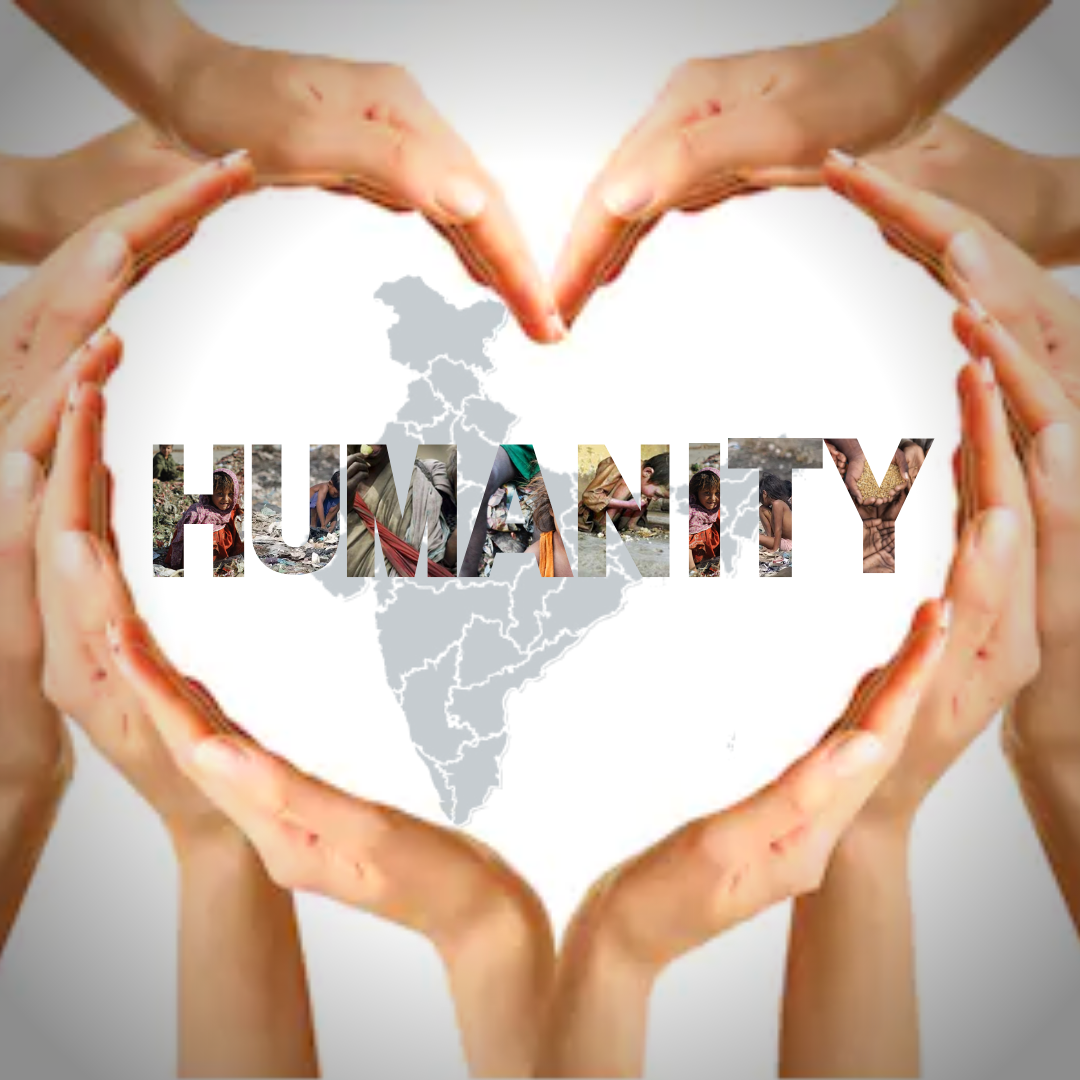As we traverse through the complexities of the modern world, a question arises: could the tribulations we face be a precursor to a brighter future? This is a ponderous inquiry, one that invites us to reflect on the Bahá’í teachings regarding humanity’s collective evolution amid pervasive suffering. Within this framework, we can glean profound insights into the dialectical relationship between adversity and growth, and fundamentally, how global challenges may signify a pivotal turning point for humanity.
The Bahá’í faith posits that humanity is on the cusp of a significant transformation—an idea that transcends mere optimism. This “coming-of-age” is rooted in the notion that suffering serves not merely as an obstacle but as a catalyst for spiritual awakening and unity. The Bahá’í teachings articulate that humanity is gradually moving towards an era characterized by greater cohesion, understanding, and collective responsibility. This trajectory is echoed in the writings of Bahá’u’lláh, who emphasized the necessity of unity and the interconnectedness of all people.
At the crux of this worldview is the understanding that suffering is often a precursor to profound change. Historical precedents illustrate that large-scale suffering—be it wars, famines, or social upheavals—has frequently catalyzed significant societal reform. For instance, the upheaval generated by the World Wars spurred movements toward international cooperation and the establishment of organizations aimed at peacekeeping and diplomacy. Presently, the COVID-19 pandemic compels us to confront systemic inequities and prioritize global health as a paramount concern; this challenge, while daunting, serves as an impetus for international solidarity and innovative solutions aimed at healing societal divides.
Moreover, the Bahá’í teachings emphasize the concept of “the oneness of humanity,” positing that separation leads to suffering. From a Bahá’í perspective, the suffering experienced by one community reverberates across the globe, exemplifying the need for a collective response. This interconnectedness challenges us to transcend tribalism and embrace a global identity, thereby fostering compassion and outreach toward those who are suffering. The rise of digital platforms enables a more profound connection, allowing individuals to witness global suffering while also mobilizing support and fostering action.
However, could it be that global suffering is both a reflection of humanity’s immaturity and a herald of its evolution? This duality poses an intriguing challenge: how can we shift our perspective on suffering from one of despair to one of hopeful anticipation? To grapple with this query, one must consider the transformative potential embedded in adversity— a key tenet of the Bahá’í faith.
The emergence of social movements aimed at rectifying injustices serves as another exemplification of this transformative wave. The burgeoning discourse surrounding climate justice, racial equity, and gender parity manifests a collective acknowledgment of humanity’s interdependence. As individuals unify around these causes, there emerges an awakening—one that aligns with Bahá’í teachings advocating for the equality of all human beings and the quest for a sustainable future rooted in love and compassion.
Furthermore, one must recognize that the Bahá’í faith also highlights the importance of individual agency in the face of collective hardship. Each person bears the responsibility to contribute positively to the world, thereby becoming an agent of change. This empowerment reassures us that while suffering may be external, our responses to it can cultivate hope. Bahá’í teachings assert that by striving to embody virtues such as kindness, justice, and service, individuals can illuminate paths through darkness, facilitating a gradual shift toward a more harmonious existence.
In addition to individual efforts, the concept of shared responsibility is integral to fostering collective resilience. The Bahá’í community emphasizes consultation and collaborative action, promoting dialogue as a means to navigate conflicts and address social issues. This participatory approach not only alleviates suffering but also engenders a culture of mutual respect and understanding. It is through these communal engagements that humanity can rise above suffering, galvanized by a shared vision of peace and prosperity.
Moreover, the cultivation of spiritual attributes becomes paramount in the face of global challenges. Bahá’í teachings assert that developing qualities such as patience, perseverance, and trust in a higher purpose can modulate one’s perspective on adversity. By nurturing these traits, individuals can foster resilience, ultimately transforming suffering into a driving force for innovation and unity.
As we endeavor to interpret the current state of humanity through the lens of Bahá’í teachings, we can discern that global suffering, rather than being a harbinger of despair, portends an opportunity for awakening. It serves as a wake-up call, beckoning us to rise collectively and embrace our interconnectedness. Importantly, every trial faced could illuminate pathways to solutions previously unimagined, furthering the evolution of human consciousness.
In conclusion, the intricate dance between suffering and hope elucidates a profound truth encapsulated in the Bahá’í teachings: humanity’s coming-of-age is inexorably linked to its capacity to learn from hardship. As we stand at this historical juncture, we must embrace the potential for profound transformation and unity. The trials faced today may indeed herald a renaissance of empathy, understanding, and collective action, ultimately contributing to a more just and harmonious world.
